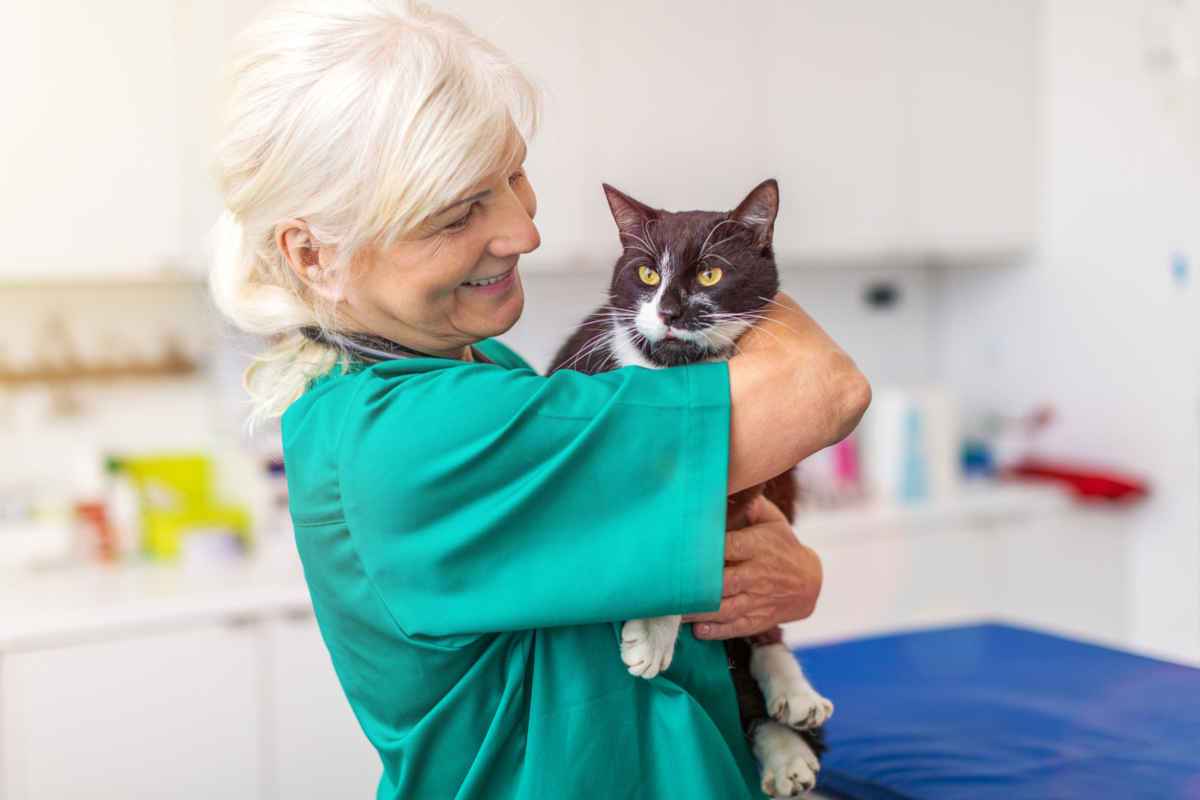It's approaching that time of year. Every winter, human sniffles and sneezes become much more common, but is it the same for cats and dogs?
Can Cats or Dogs Catch Human Colds?
So far, no human cold has been shown to be transmissible to dogs or cats, so if you're feeling a bit under the weather, you can still spend time with your cat or dog without worrying that you will inadvertently pass your cold on to them.
In fact, dogs rarely get anything similar to our colds. If your pet starts sneezing, it's more likely to be caused by an allergy or something they have sniffed. Occasionally a respiratory infection will occur, and they'll sneeze and have a runny nose.
However, that's not to say that our pets don't get ill – just that they tend to get species-specific illnesses.
Types of Dog illnesses
Dog flu
Dog flu, also known as canine influenza, is a respiratory disease in dogs. As the infection affects the respiratory system, it can be classed as a serious issue. Dog flu is not a seasonal infection and can be caught at any time of the year. The symptoms of canine influenza are very similar to human symptoms. Symptoms of dog flu include:
- High temperature
- Reduced appetite
- Discharge from eyes and nose
- Lack of energy
- Cough
There are two aspects which can cause dog flu: CIV H3N8 and H3N2. Unless your dog is vaccinated, they have no immunity to the infection and may become very poorly. In many instances, canine influenza is caught when food is shared through dog bowls, being in contact with other dogs, sharing the same toys, coughing, or sneezing.
Kennel cough
Dogs can also suffer from kennel cough, which, despite its name, is not only found in kennels. It's very contagious and causes a hacking cough that often sounds as if the affected dog has something stuck in their throat. It isn’t usually a serious condition – most dogs don’t run a high temperature and eat normally – but the vaccine is available.
Frostbite
As the winter months get colder, your pet may be exposed to colder temperatures. Ensure your pet is wrapped up warm, however, these are the symptoms to monitor if your pet gets frostbite:
- Pale or blush-white skin, which later may become red and puffy.
- Red ears, tail or nose
- Pain in ears, tail paws or nose

The treatment of colds or the flu is pretty much the same for people, cats and dogs.
Types of Cat illnesses
Cat flu
Cat flu is a contagious respiratory illness that can cause a range of symptoms. Healthy cats may not experience severe symptoms, but kittens and cats with weakened immune systems are at a higher risk of developing complications from the flu. It is important to seek veterinary care if you suspect your cat has the flu to ensure they receive prompt treatment and prevent the spread of the illness to other feline companions.
Symptoms of cat flu include:
- Sore throat
- Mouth ulcers
- Sneezing
- Fever
- Runny eyes and nose
Cat flu treatment includes:
1. Vaccines
Cats can be vaccinated against cat flu, but the vaccines may only reduce the severity of the symptoms rather than stop cats from getting the flu.
2. Anti-inflammatories
To help relieve symptoms, anti-inflammatories are prescribed. Some antivirals are also available, however, these aren't always as effective as anti-inflammatories.
3. Eye Drops
Depending on the severity of your cat's flu, it may affect your cat's eyesight long term. Particularly in kittens, eye ulcers can be found causing serious damage. In this case, seek immediate veterinary attention.
Can Your Cat and Dog Get Covid
- Cats
- Dogs
- Ferrets
- Pigs
- Raccoon dogs
- Rodents, including hamsters
- White-tailed deer
- Fruit bats
What To Do If Your Cat or Dog Catches An Illness
To ensure that your cat or dog is comfortable when feeling slightly under the weather, keep them warm, encourage them to drink plenty of fluids and give them tasty, healthy food.
Other ways to help care for your pet when they’re ill include:
- Provide warm meals – this way the food becomes more fragrant, making it easier to eat and enjoy.
- Make sure they rest (if they don’t already sleep enough anyway)
- Wash your pet's toys, bed, and blankets – this will get rid of any lingering germs which your pet is constantly in contact with.

If your cat or dog has severe symptoms, make sure they see a vet as soon as possible.
When To Seek Veterinary Attention
If your cat or dog has severe symptoms, make sure they see a vet as soon as possible. Antibiotics do not kill viruses, so these drugs will only be dispensed if there's a risk of secondary infection.
Other drugs may be prescribed to reduce inflammation and act as decongestants. Vitamins and other supplements may help; for example, vitamin B12 often acts as a natural appetite stimulant and other vitamins, such as vitamins C and D, may help speed up recovery.
Affected pets should be kept away from other animals while they're ill, although there's no need to keep a cat with a cold away from a dog, or vice versa. In general, different species have their own cold and flu viruses.
For vitamins and supplements that can help to keep your dog or cat in the best health, view our Pet Health Range.







